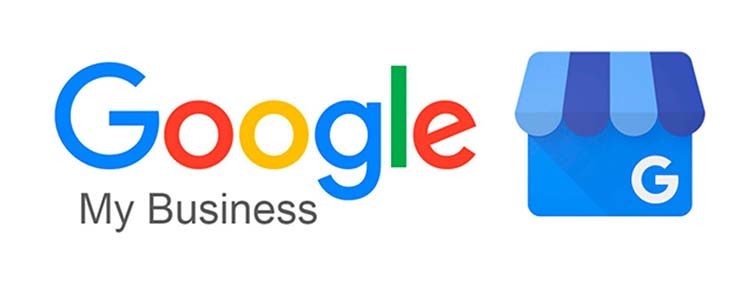Navigating Local SEO: Where Do I Start?

Optimising your website for local SEO is perhaps one of the trickiest things any business can come to face, particularly for small businesses looking to make their mark in their industry. From ensuring that your Google My Business listing is claimed and optimised to crafting your content around your locality rather than generically, pinning down the right SEO campaign that works for you.
However, we’ve put together a simple guide to help you navigate these tricky waters. Read on to find out more!
Optimise Google My Business
Your Google My Business listing is probably the most valuable tool you have when it comes to local SEO. If you haven’t already claimed your listing, you can do so through google.com/business. From here, you simply click ‘start now’ and find your business on the map or add one if it’s not already there. From here, you’ll be asked to verify that it’s yours, often done by a secret pin sent via post after the setup. Optimising your listing often comes down to ensuring that all of the information is accurate, up to date and that your profile is 100% completed. By providing all of this information on your listing and ensuring it’s consistent, you’ll appease Google’s boys and ultimately provide your consumers with all the information they need.

Prioritise Mobile Optimisation
When we’re out and about or taking a quick look for a local business, most of us tend to turn to our mobile devices. For this reason, mobile optimisation is key for any small company looking to make the most of local SEO. Mobile has become the main focus for thousands of companies; Google’s mobile-first indexing has devastated the ranking system, causing more and more companies to put their time and money into ensuring their websites and content are mobile-ready. Small local businesses are feeling this more than most as fast action, reactive responses and ensuring your content is intent-friendly is a must in order to ensure your website not only looks good on mobile but fits with the fast-paced, snippet-focused way that we use our mobiles today.
Create Content With Your Local Area In Mind
Whether including information about local events, integrating information about the local area in your content and ensuring that you include maps and address listings, you can better help Google’s bots find this information and push your website higher in the SERPs. Of course, local SEO keywords are also beneficial for ranking, but it’s important to ensure that these are all integrated as naturally as possible and that you never rely solely on the keywords. Something as simple as including a useable map on your website can promote locality to search engines, encouraging them to rank your website more highly. You can do it yourself or can hire an Essex SEO firm for better outcomes ultimately.

Encourage Reviews
Reviews are everything when it comes to local SEO. When it comes to small businesses, reputation and trust in brand often come down to reviews from customers and word of mouth from family and friends. While reviews themselves will only actually account for around 7% of the ranking value, a business’s customer base will often rely on these reviews to make their final decision. A company may have an incredible niche with a website that fits every ranking factor, but a single bad review that isn’t dealt with appropriately has the power to turn away hundreds of leads. By responding to reviews and appearing tentative all whilst ensuring that you encourage your customers to leave a review as this can help you not only rank higher but attract and retain a valuable customer base.
Local SEO is often a difficult competition to navigate. Whether you have a niche you’re happy to flaunt, or you’re competing amongst plenty of businesses just like yours and need an edge over them, being able to navigate the local search rankings it a must. Hopefully, this guide has given you a good starting point – Good luck.




